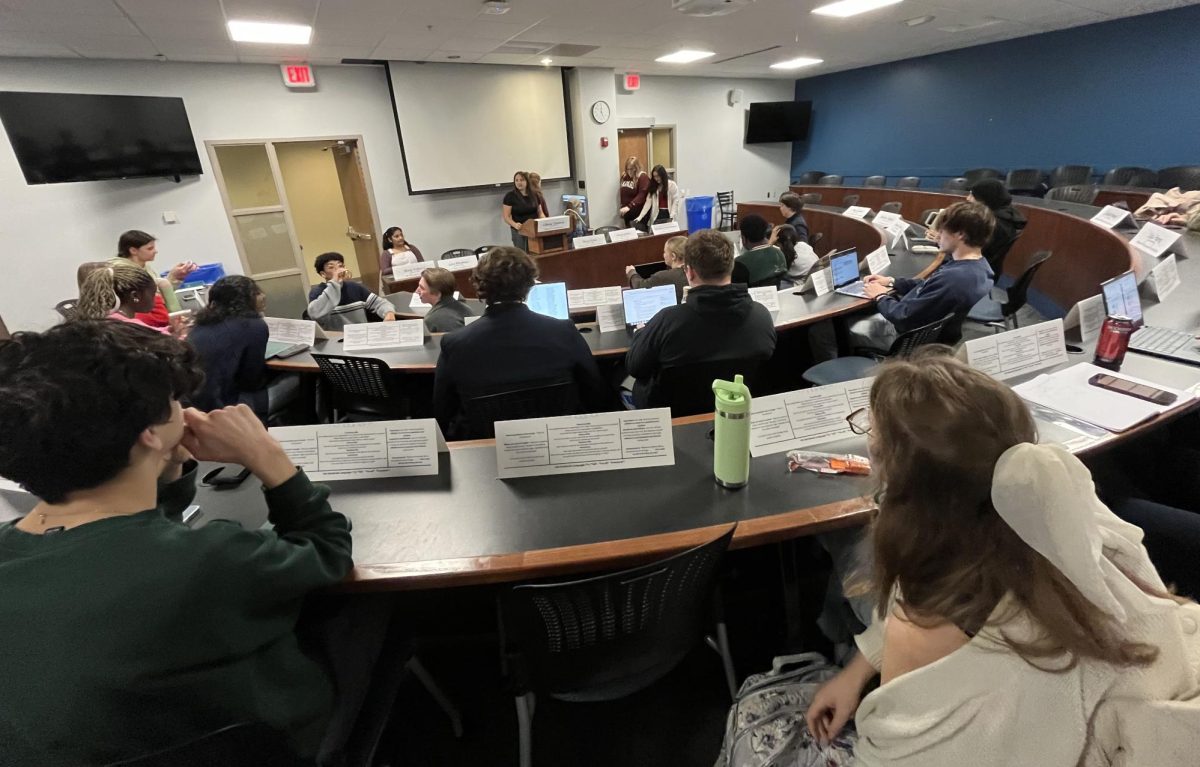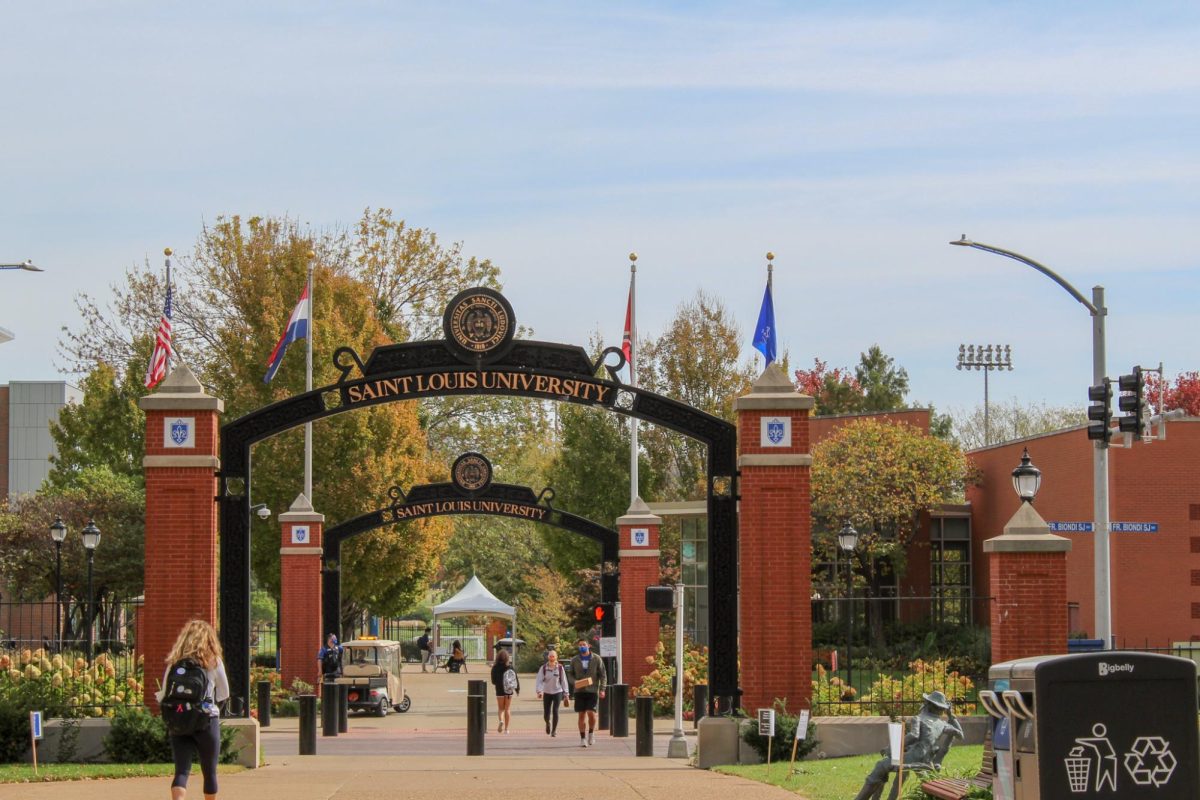For the fifth year in a row, Saint Louis University has been named a “best buy” by U.S. News & World Report–just barely, with the rank of 50th out of 50.
SLU first appeared on the list, which ranks the top 50 national universities that provide a good buy for a good education, in 1998, debuting at the 49th position. During the next two years SLU moved up the list to 30th and then 24th. Last year, the University fell back to 42nd and this year to 50th.
“It’s a question of whether our numbers have changed or whether others’ numbers have gone up,” said Interim Provost Joe Weixlmann.
Director of Financial Aid Hal Deuser and Shani Lenore, director of Undergraduate Admissions, questioned the validity of the rankings. The methodology used an academic rating that has not been disclosed. Weixlmann concurred that the statistics asked for are difficult to compare across universities.
“It’s hard to get people to work from a single defined standard,” Weixlmann said.
Despite questioning the methodology, all three are pleased to be included on the list, particularly in the company of universities like Harvard (3rd), Stanford (4th) and Duke (13th).
“There’s great company on this list,” Lenore said. “We want to continue to be on it.”
In past years, SLU led the Jesuit universities. But this year, three Jesuit universities top SLU’s ranking, but only slightly: Loyola Chicago (40th), Boston College (47th) and Georgetown (49th). Washington University ranked 16th.
Deuser elaborated that many of the problems with the ranking revolve around the questions asked, which he explained were “Eastern seaboard surveys.”
By this, he meant that the questions were geared toward need-based financial aid, which is the only type of aid generally given out by the Ivy League schools. As for SLU, a large portion of its financial aid comes in the form of merit-based aid.
In addition, many of the schools ranked above SLU focus more endowment spending toward scholarships, whereas SLU derives most of its financial aid spending from the general operating budget. Deuser said this use of the operating budget creates a “vicious cycle” of the need to raise tuition in order to raise scholarship.
This same “vicious cycle” includes the question of raising scholarships as tuition increases. Such a pro-rated system would only place further need to raise tuition as it is all drawing from the same pool of money.
Deuser explained that until the University establishes a large enough endowment set aside for financial aid, the tension between tuition and scholarships will continue. He pointed out that the current capital campaign has a goal of raising $100 million of endowment directed solely towards financial aid.
No matter what the rankings say, Lenore said that her staff will continue to sell SLU as a “great buy.”
Lenore added that she feels SLU is now at a point where it can stand alone with its position among other institutions, without necessarily relying on such rankings.








